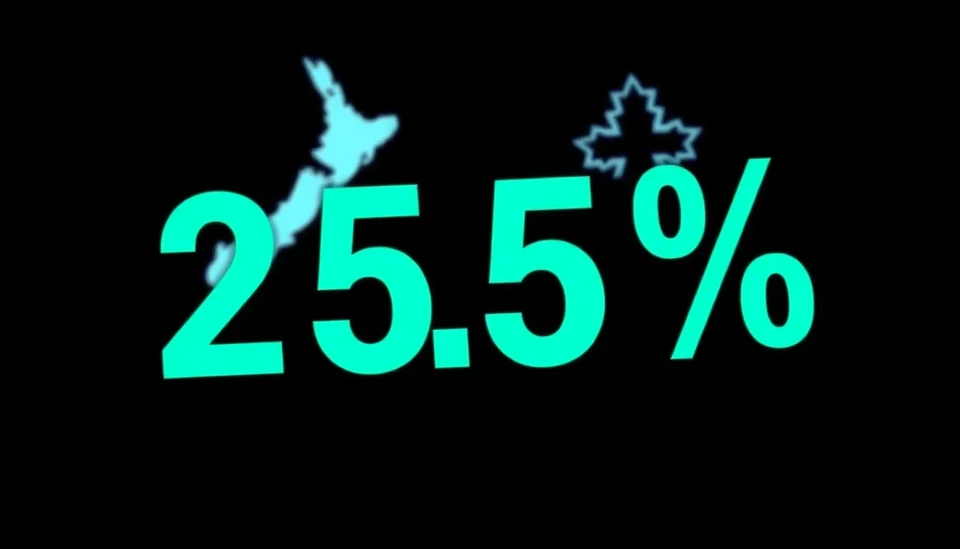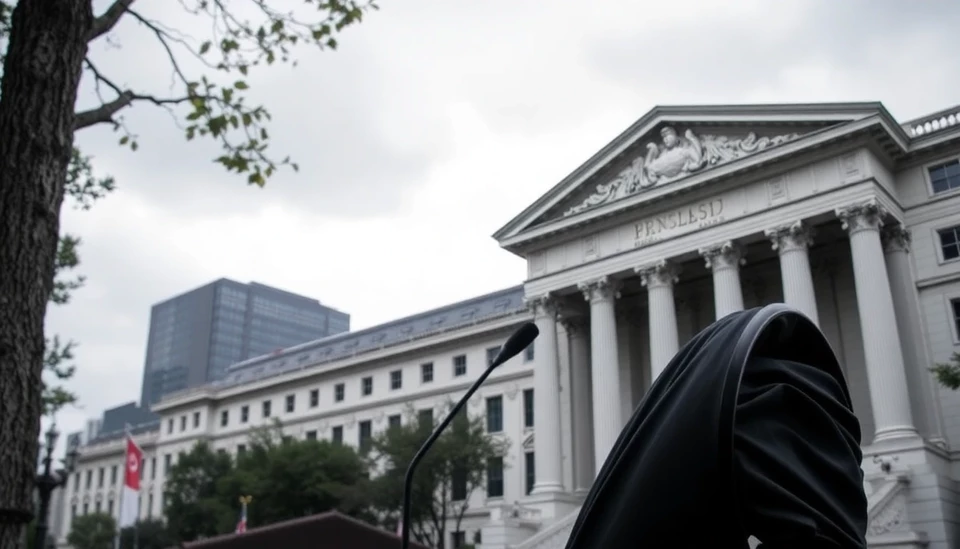
In a stark announcement reflecting the growing concerns over New Zealand's economic stability, the Reserve Bank of New Zealand (RBNZ) has cautioned that the nation’s economic downturn could deepen, raising alarm among analysts and investors alike. This warning comes as the bank evaluates the effects of policy decisions made in response to rising inflation and shifting global economic conditions.
The RBNZ has indicated that its previous forecasts may have underestimated the severity of the current economic landscape. In light of newly available economic data, the bank anticipates a contraction in economic activity, which could be detrimental to consumer confidence and overall growth prospects. These developments have led to increased scrutiny of the RBNZ’s monetary policy and its implications for businesses and households across the nation.
This revised outlook is particularly concerning given that New Zealand has already been grappling with high inflation rates, which have significantly outpaced wage growth. As a result, many households are feeling the strain of rising costs, particularly in essential areas such as housing, food, and fuel. The RBNZ acknowledges these pressures and has emphasized the need for a careful and measured approach to future monetary policy interventions.
Market reactions to the RBNZ’s warnings have been swift, with analysts predicting heightened volatility in both the currency and bond markets. Investors are now closely monitoring the central bank's upcoming decisions regarding interest rates and other measures designed to mitigate the impacts of the economic downturn. The RBNZ has suggested that maintaining a delicate balance will be crucial in supporting an economy that is increasingly vulnerable to external shocks.
Experts argue that the RBNZ must navigate these challenges while fostering an environment conducive to sustainable growth. This will likely involve making tough decisions about interest rates, as well as implementing strategic spending measures targeted at stimulating economic activity without further exacerbating inflation.
The public reaction to the RBNZ's warning has been mixed, with some expressing frustration over what they perceive as a lack of preparedness in response to worsening economic conditions. Critics are calling for more vigorous measures from the government to address systemic issues within the economy that have left many Kiwis in precarious financial positions.
Looking ahead, the RBNZ has committed to ongoing assessments of economic conditions and will continue to communicate transparently with the public about its policy intentions. As the situation develops, it is clear that the central bank’s next steps will carry significant weight not only for New Zealand's economic recovery but also for the social welfare of its residents.
In conclusion, the Reserve Bank of New Zealand’s recent warnings paint a picture of considerable uncertainty ahead. As the country faces a potential deepening of its economic challenges, all eyes will be on the RBNZ and its forthcoming decisions that will shape the economic landscape for New Zealand in the coming months.
#NewZealand #RBNZ #Economy #Inflation #FinancialNews #MonetaryPolicy
Author: Rachel Greene




